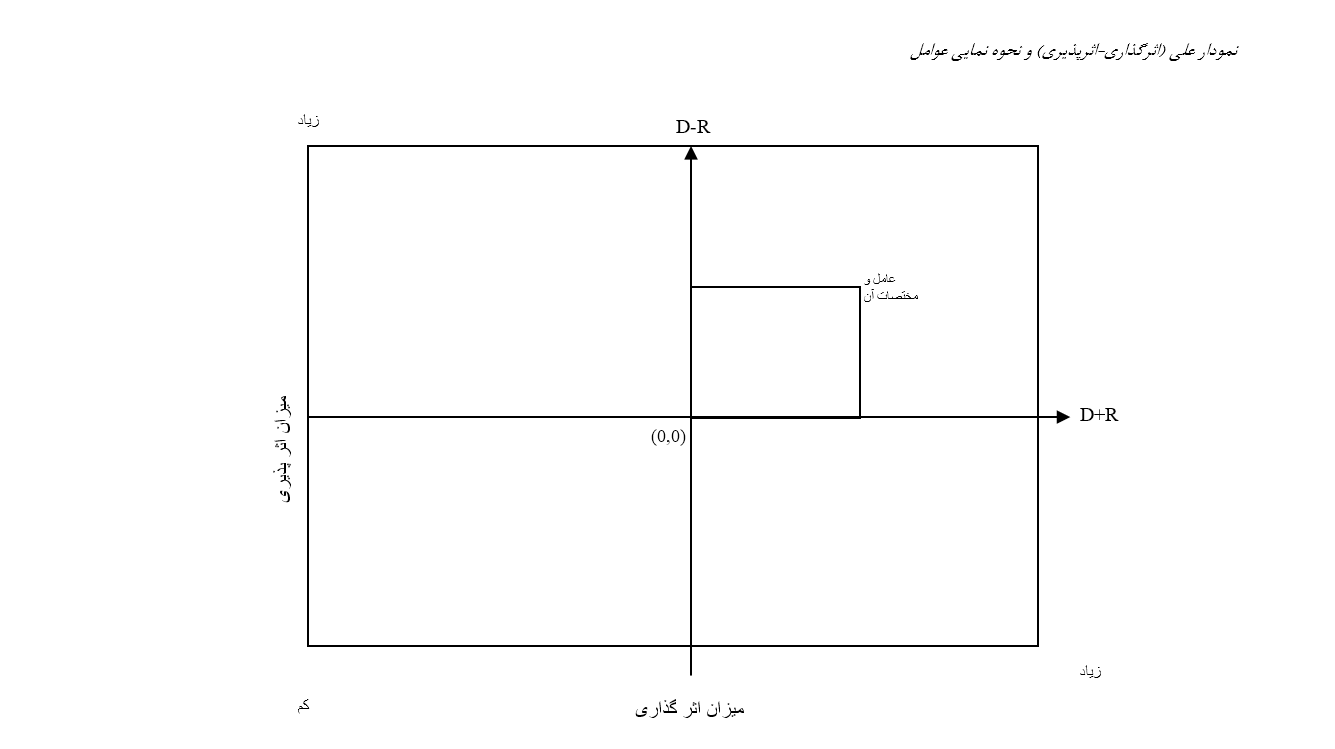شناسایی و ارزیابی چالشهای نظارت جامع بانک مرکزی با استفاده از روشهای تصمیم گیری چند معیاره
کلمات کلیدی:
نظارت, بانک مرکزی, تصمیم گیری چند معیاره, سیستم بانکیچکیده
شناسایی و ارزیابی چالشهای نظارت جامع بانک مرکزی به فرایندهایی اشاره دارد که در آن بانک مرکزی کشور سعی میکند مشکلات و نقاط ضعفی را که در نظام نظارتی و مالی وجود دارد شناسایی کند و تأثیر این چالشها را بر عملکرد و ثبات سیستم بانکی و مالی ارزیابی کند. به طور کلی، شناسایی و ارزیابی چالشهای نظارتی برای بانک مرکزی اهمیت زیادی دارد، زیرا به حفظ ثبات مالی و پیشگیری از بحرانها کمک میکند و در نهایت منجر به حفاظت از منافع سپردهگذاران و افزایش اعتبار نظام مالی کشور خواهد شد. هدف پژوهش حاضر شناسایی و ارزیابی چالشهای نظارت جامع بانک مرکزی میباشد. در این تحقیق، 10 نفر از خبرگان حوزه بانکی و اقتصادی به شناسایی 15 چالش کلیدی پرداخته و سپس به پرسشنامهای که در این زمینه طراحی شده بود، پاسخ دادند. نتایج تحلیلهای صورتگرفته با استفاده از روش دیمتل نشان داد که از میان چالشهای شناساییشده، کمبود شفافیت در عملکرد بانک مرکزی و محدودیتهای قانونی برای نظارت دقیق تر به عنوان تأثیرگذارترین چالشها شناخته شدهاند. این چالشها نقشی کلیدی در کیفیت نظارت و کارایی بانک مرکزی دارند و پرداختن به آنها میتواند به بهبود عملکرد و اعتبار نظام بانکی کشور کمک کند. نتایج این تحقیق میتواند راهگشای سیاستگذاران در طراحی استراتژیهای مناسب برای تقویت نظارت در نظام مالی باشد.
مراجع
Abdullah Mamoon, Frank Kwabi, Ernest Ezeani & Wansu Hu.(2024). The impact of central bank independence and transparency on banks' non-performing loans and economic stability. Journal of Banking Regulation.
Agoba, A.M., J. Abor, K.A. Osei, and J. Sa-Aadu. (2017). Central bank independence and inflation in Africa: The role of financial system and institutional quality. Central Bank Review 17 (2017): 131–146.
Charles Goodhart.(1995). The central bank and the financial system. Springer.
Charilaos Mertzanis.(2024). Central bank policies and green bond issuance on a global scale. Energy Economics, Volume 133. https://doi.org/10.1016/j.eneco.2024.107541.
David Kuo Chuen Lee,Li Yan &Yu Wang.(2021). A global perspective on central bank digital currency.China Economic Journal, Volume 14, 2021 - Issue 1, Pages 52-66 Digital.Currency. https://doi.org/10.1080/17538963.2020.1870279.
Federico Maria Ferrara a, Siria Angino.(2021). Does clarity make central banks more engaging? Lessons from ECB communications. European Journal of Political Economy.Volume 74. https://doi.org/10.1016/j.ejpoleco.2021.102146
Haldane A.(2017). A little more conversation a little less action. Bank of England-Speech. https://www.bis.org/review/r170403e.pdf.
John Barrdear, Michael Kumhof.(2022). The macroeconomics of central bank digital currencies. Journal of Economic Dynamics and Control, Volume 142. https://doi.org/10.1016/j.jedc.2021.104148.
Kawai, Masahiro, Morgan, Peter J.(2012). Central banking for financial stability in Asia. ADBI Working Paper No. 37. https://hdl.handle.net/10419/101153.
Mehdi Memarpour, Ashkan Hafezalkotob, Mohammad Khalilzadeh, Abbas Saghaei, Roya Soltani.(2023). Modelling the effect of monetary policies of central bank on macroeco-nomic indicators in Iran using system dynamics and fuzzy multi-criteria decision-making techniques. Advances in Mathematical Finance and Applications, 10.22034/amfa.2022.1959354.1752.
Magdalena Radulescu, Aleksandra Fedajev ,Djordje Nikolic(2017). Ranking of EU national banking systems using multi-criteria analysis in the light of Brexit. Acta Oeconomica, Pages: 473–509. https://doi.org/10.1556/032.2017.67.4.1.
Nabilou, H. Testing the waters of the Rubicon: the European Central Bank and central bank digital currencies. J Bank Regul 21, 299–314 (2020). https://doi.org/10.1057/s41261-019-00112-1.
Nout Wellink(2023). Crises have shaped the European Central Bank. Journal of International Money and Finance, Volume 138. https://doi.org/10.1016/j.jimonfin.2023.102923.
Park, H., Kim, J.D. (2020).Transition towards green banking: role of financial regulators and financial institutions. AJSSR 5, 5. https://doi.org/10.1186/s41180-020-00034-3.
Silvia Angilella , Michalis Doumpos , Maria Rosaria Pappalardo , Constantin Zopounidis.(2024). Assessing the performance of banks through an improved sigma-mu multicriteria analysis approach. Omega, Volume 127. https://doi.org/10.1016/j.omega.2024.103099.
Sawa Omori.(2024). Do institutions matter? Political economy of the enhancement of banking supervision. Journal of Banking Regulation, Volume 25, pages 73–83.
Simon Dikau, Ulrich Volz(2020). Central bank mandates, sustainability objectives and the promotion of green finance. Ecological Economics Analysis, Volume 184. https://doi.org/10.1016/j.ecolecon.2021.107022.
Wolfram Berger , Friedrich Kißmer.(2014). Central bank independence and financial stability: A tale of perfect harmony?. European Journal of Political Economy,Volume 31, Pages 109-118. https://doi.org/10.1016/j.ejpoleco.2013.04.004.
William Oman, Mathilde Salin, Romain Svartzman.(2024). Three tales of central banking and financial supervision for the ecological transition. WIREs, Volume15, Issue3. https://doi.org/10.1002/wcc.876.

دانلود
چاپ شده
ارسال
بازنگری
پذیرش
شماره
نوع مقاله
مجوز
حق نشر 2025 علم تصمیم گیری و سیستم های هوشمند

این پروژه تحت مجوز بین المللی Creative Commons Attribution-NonCommercial 4.0 می باشد.






